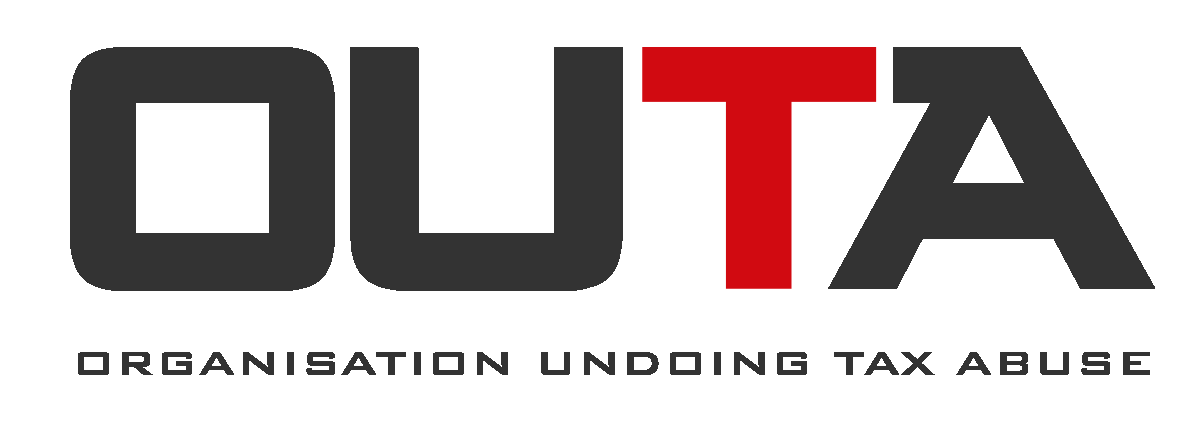OUTA calls on NERSA to reject Eskom's outrageous increase request
If the economy is to recover, electricity prices must be affordable and consumers should not have to pay for Eskom’s inefficiencies.
“Eskom’s business interests cannot be allowed to jeopardise economic recovery, and it is actually in Eskom’s own interest to grow the economy in order to grow electricity sales,” says OUTA in its submission to the National Energy Regulator (NERSA) in comment on Eskom’s pricing application.
OUTA’s submission was compiled by Liz McDaid, OUTA Parliamentary Advisor and Energy Advisor, and is in response to Eskom’s pricing application for 2022/23, the interim MYPD5.
Eskom prices are continually rising and in the last two years NERSA has lost a number of legal challenges brought by Eskom against its decisions, indicating regulatory weakness.
“The rules that allow Eskom to continually apply and receive additional tariff increases based on reasons that in general fail to stand up to scrutiny, appear to civil society to amount to blackmail: ‘If we don’t get an increase, the lights will go out.’ This is an unsustainable approach,” says McDaid in the submission.
“In essence what OUTA takes from this is that Eskom is not focused on providing electricity to enable all South Africans to grow but is only focused on providing electricity to those wealthy enough to pay the ever-increasing bills.”
OUTA calls on NERSA to grant Eskom a maximum of a consumer price index (CPI) tariff increase for 2022/23.
OUTA’s recommendations to NERSA include:
• NERSA must apply a “heavy-handed regulatory approach” to Eskom, to minimise the negative effects on the economy and reduce the cost of doing business.
• NERSA must validate the assumptions used in Eskom’s application.
• NERSA must request a written commitment from Eskom that it will comply with regulatory and governance parameters.
• NERSA must watch over Eskom to block any self-created “emergency” procurement of coal which benefits certain entities at the expense of electricity users.
Eskom says it is asking for a 20.5% hike. NERSA says that taking into account other increases Eskom wants, this is much higher. “The calculations presented by NERSA outlining that Eskom receive increases of average 31% of 32% cannot be acceptable at any time, never mind in the time of recovering from Covid-19,” says McDaid.
“It is difficult to understand how Eskom could hope to impose such a large percentage increase on to its customers. NERSA also needs to consider the impact of such an increase as it is passed through to the municipalities.”
OUTA points out that the environmental taxes – the environmental levy and the carbon tax – are not out of Eskom’s control, but relate directly to its use of coal-fired power stations and are passed on to the consumer. In 2011, Eskom refused to sign up Independent Power Producer (IPP) renewable energy projects and instead invested in new coal plants, and the current pricing application “continues to focus on the need to increase the amount of coal and the need for coal-related expenditure”.
Eskom presents the renewable energy IPPs as a burden, without acknowledging the climate crisis and health burden linked to coal.
Corruption in coal contracts has historically been a significant driver of Eskom costs, and OUTA calls on NERSA to scrutinise coal procurement robustly.
Our reading is that Eskom is aiming to shift its tariff design to one that will enable it to continue to make money even if it does not supply electricity, by increasing the fixed monthly charges to customers. This underlines the need for tariff reform.
OUTA calls on Eskom to demonstrate that it has learnt from its previous pricing applications and how it will reduce the need for top-up applications.
Eskom has also not explained the extension of Koeberg’s operating life beyond 2024 or the capital expenditure on this extension.
OUTA also reiterated its views on the prudency of Eskom’s expenditure and the cost of corruption, which OUTA has previously queried with NERSA, as well as the ongoing problems of breakdowns at the Eskom power stations.
“We are optimistic of NERSA’s invigorating approach to engage with all stakeholders, especially on the MYPD, but the proof is in the pudding whether such engagements are in fact meaningful and not merely held for the sake of public participation,” says McDaid.
More information
OUTA’s submission to NERSA is here and the annexure is here.
A soundclip with comment by OUTA’s Liz McDaid is here.
